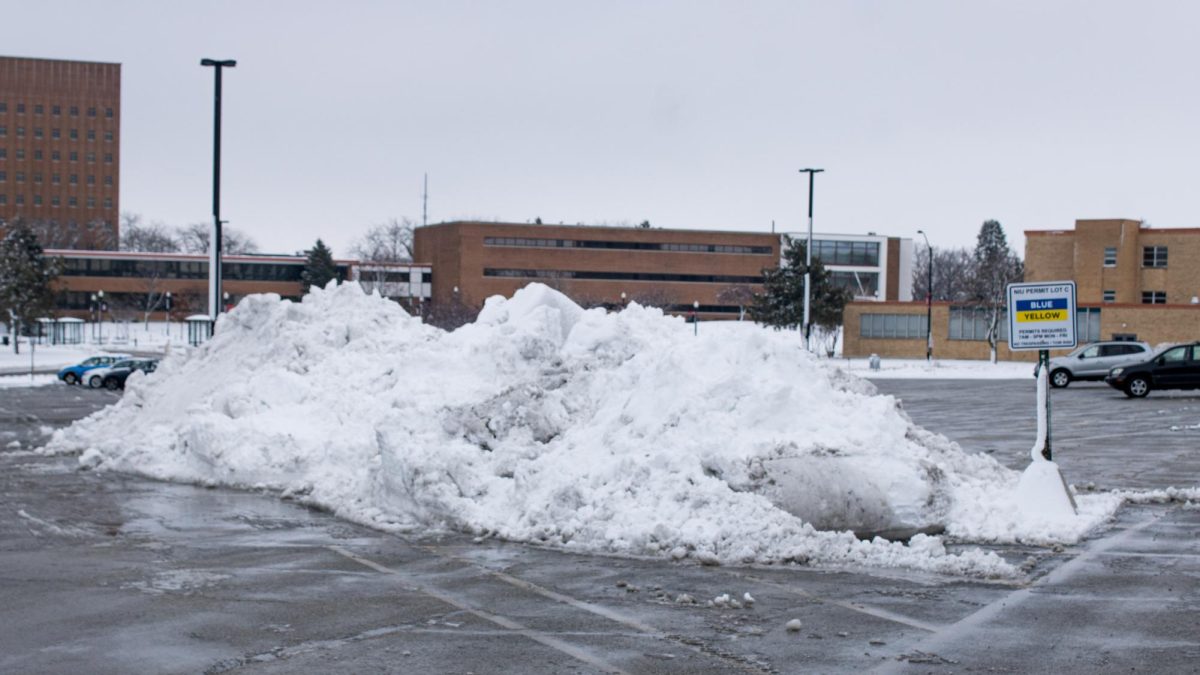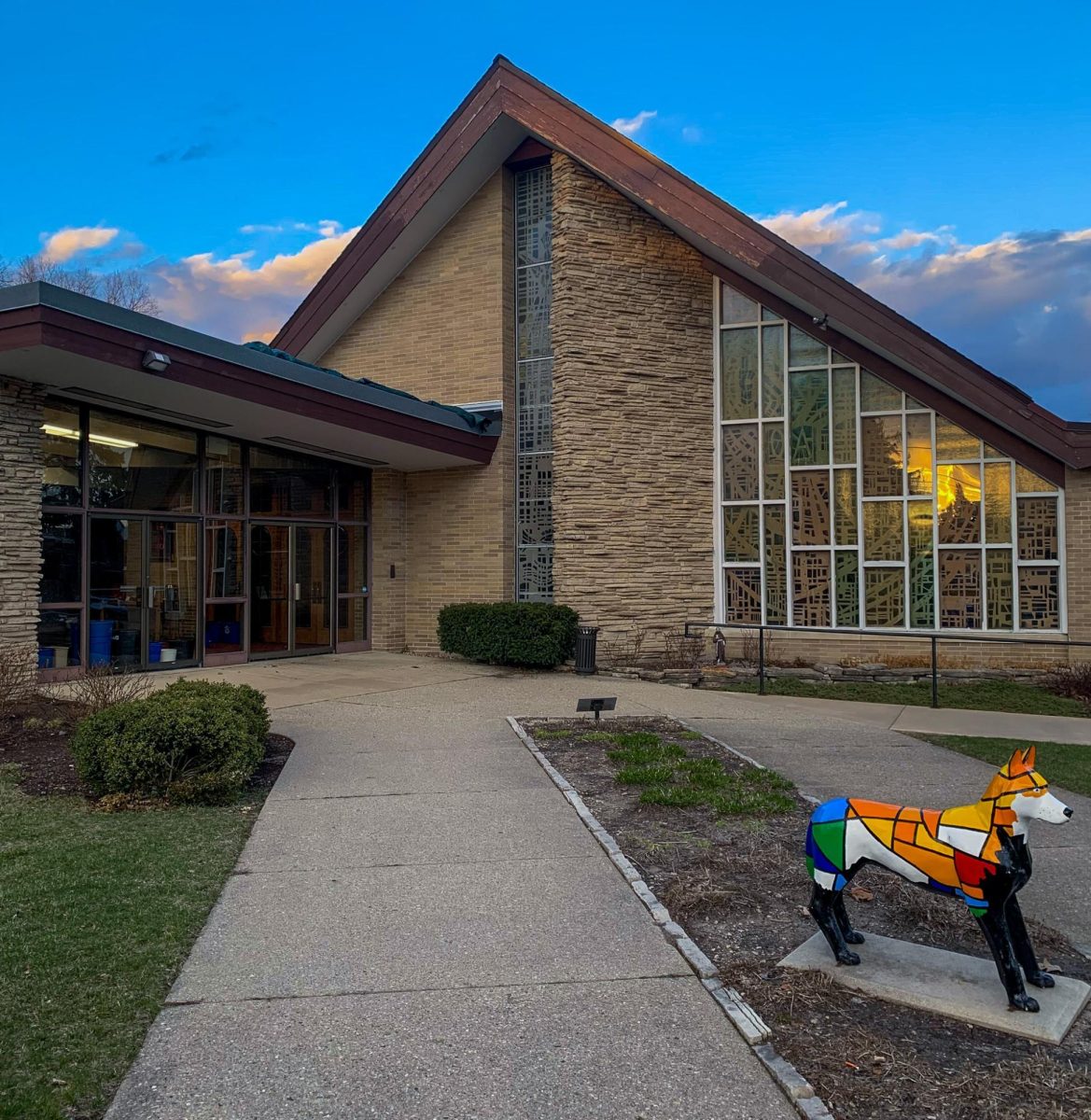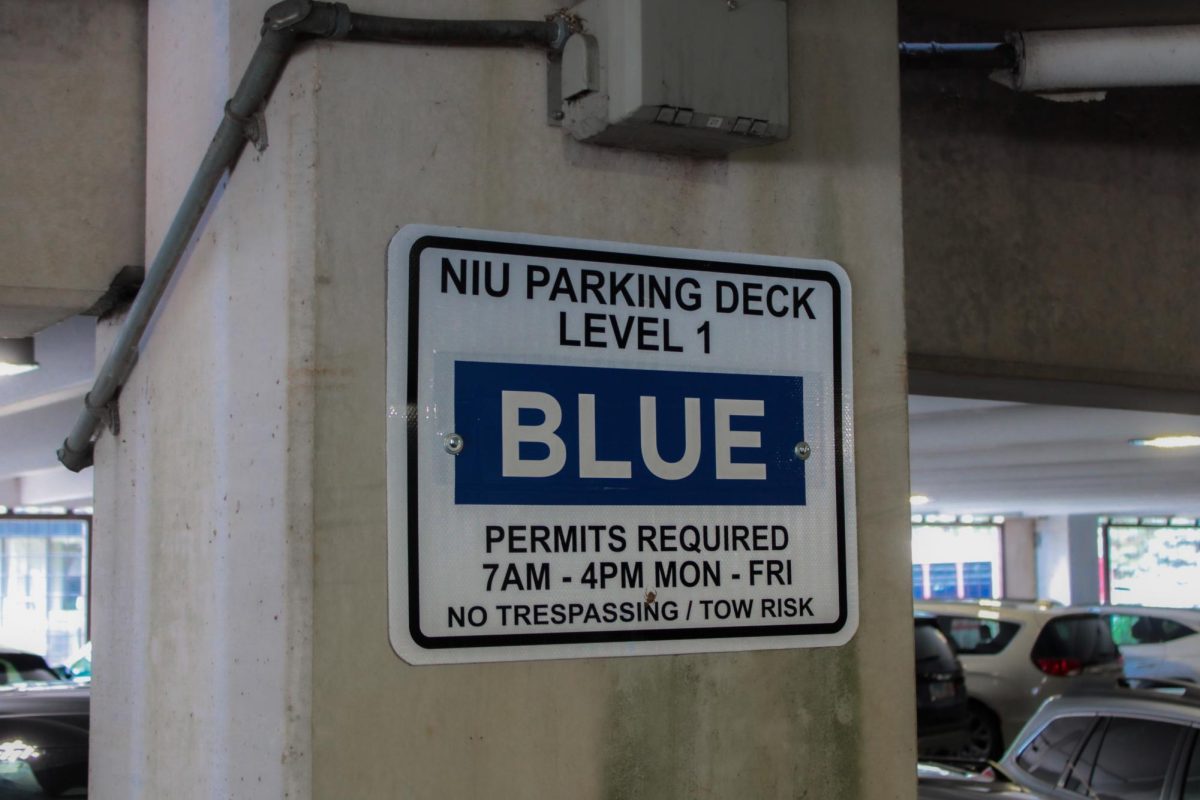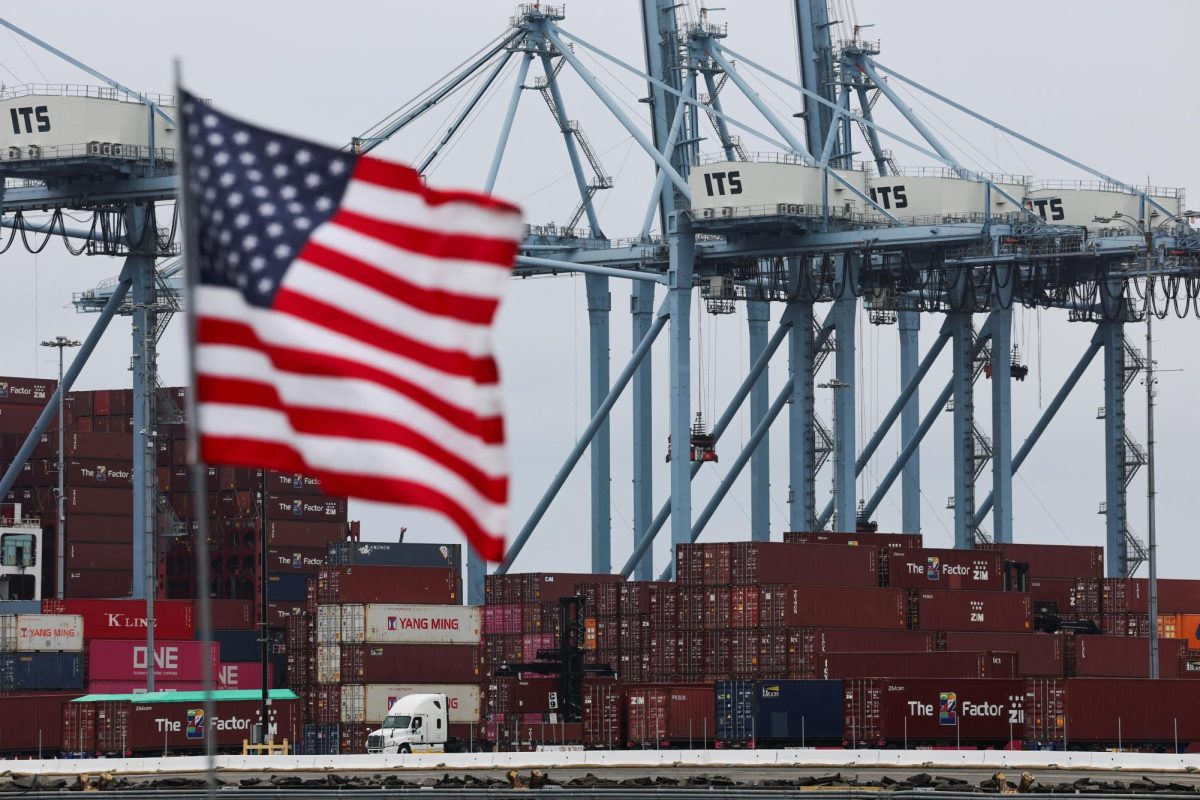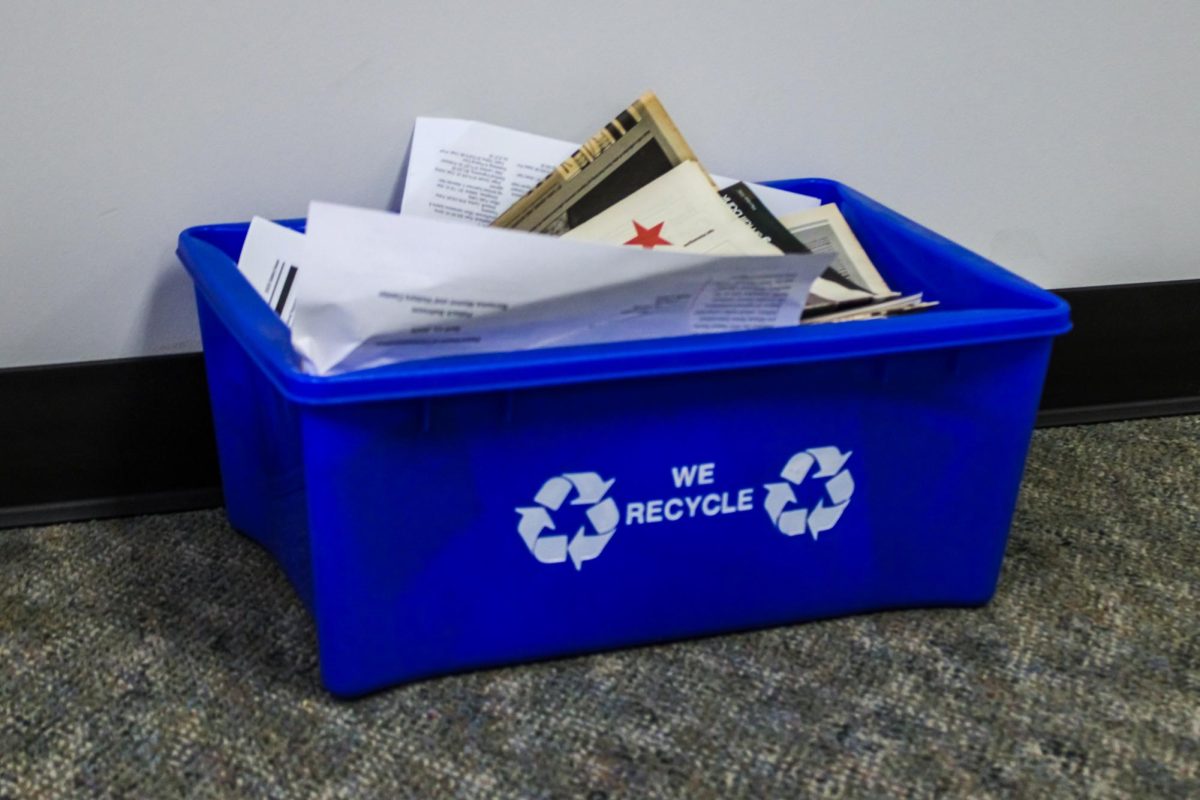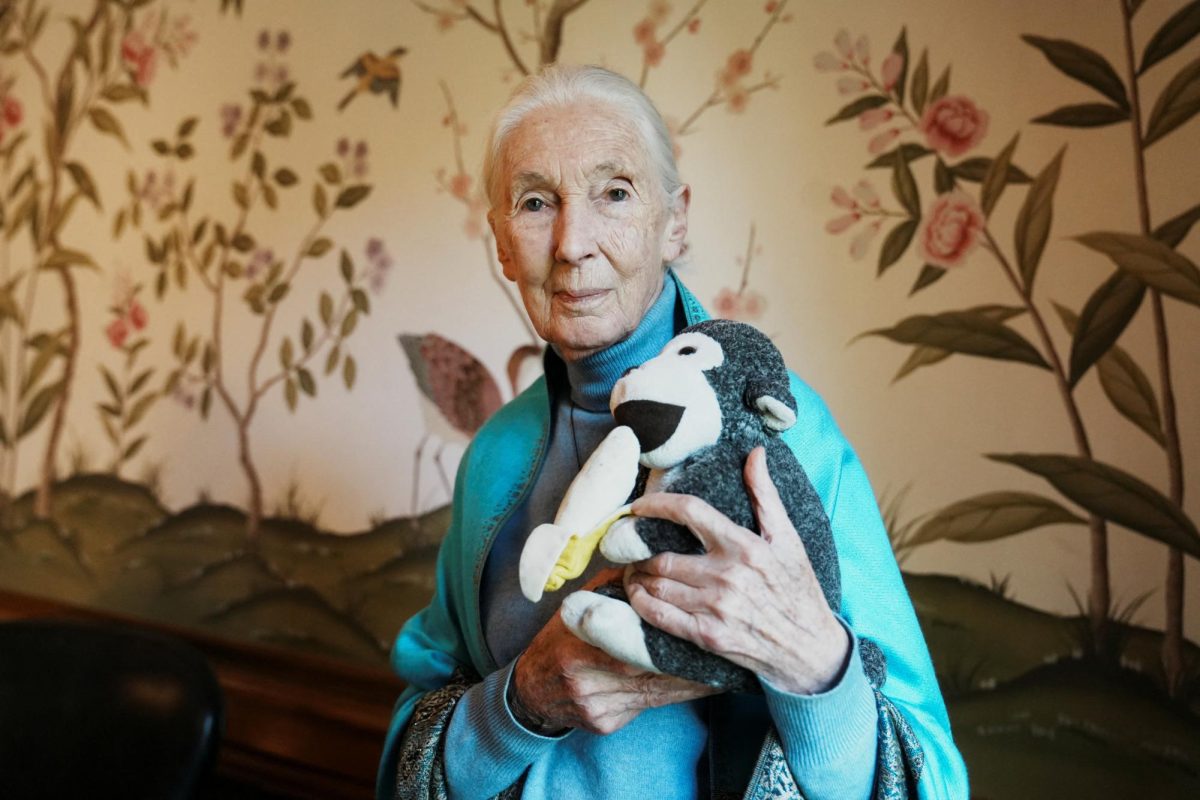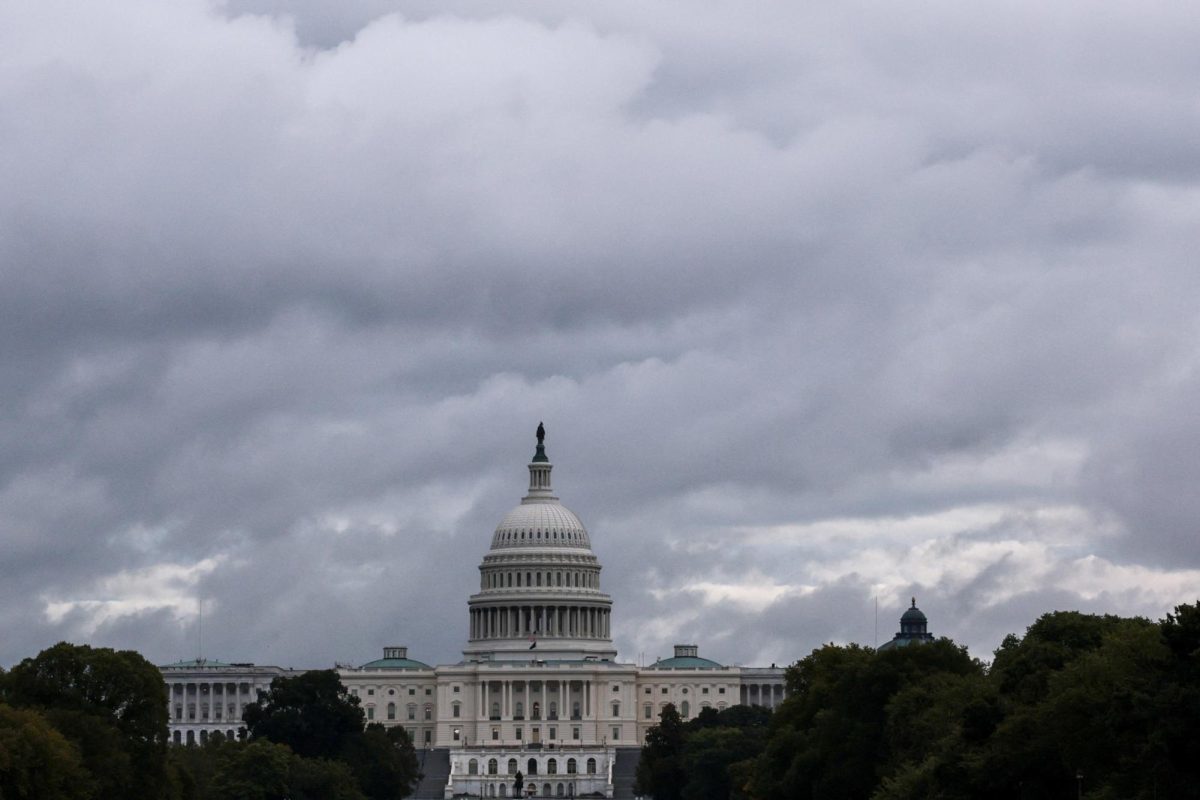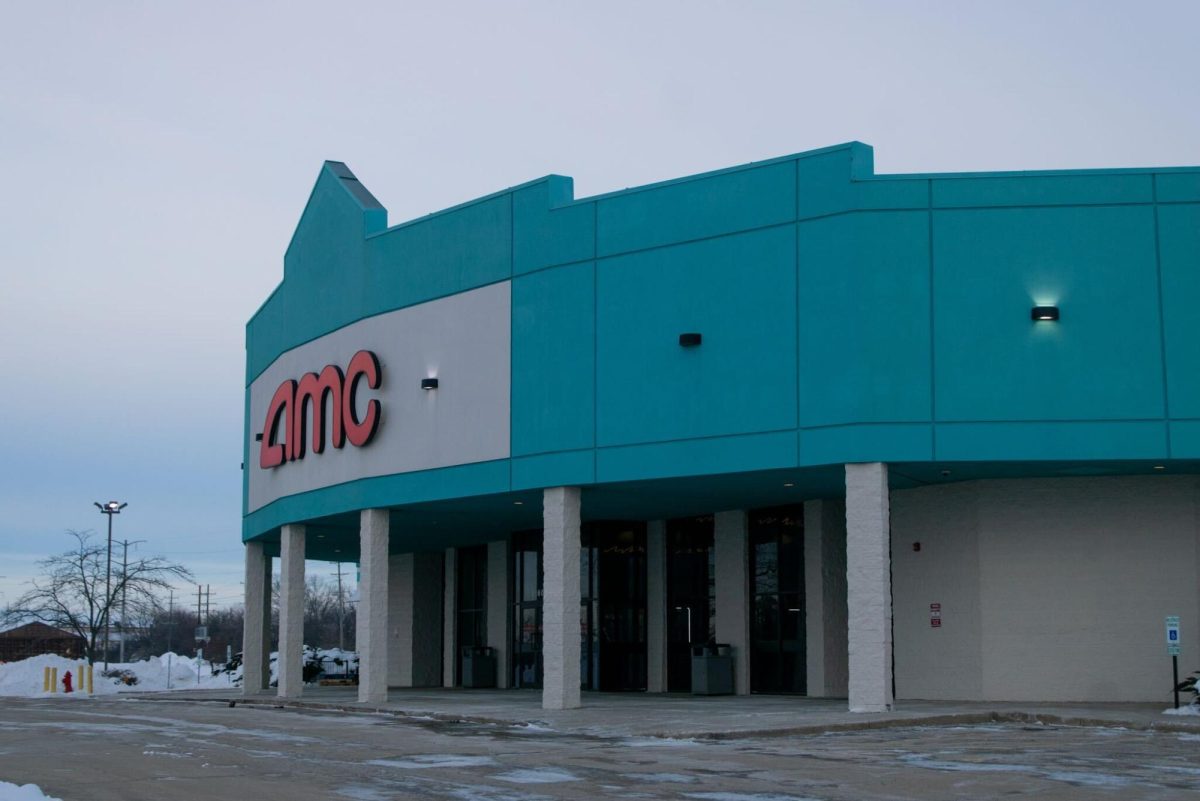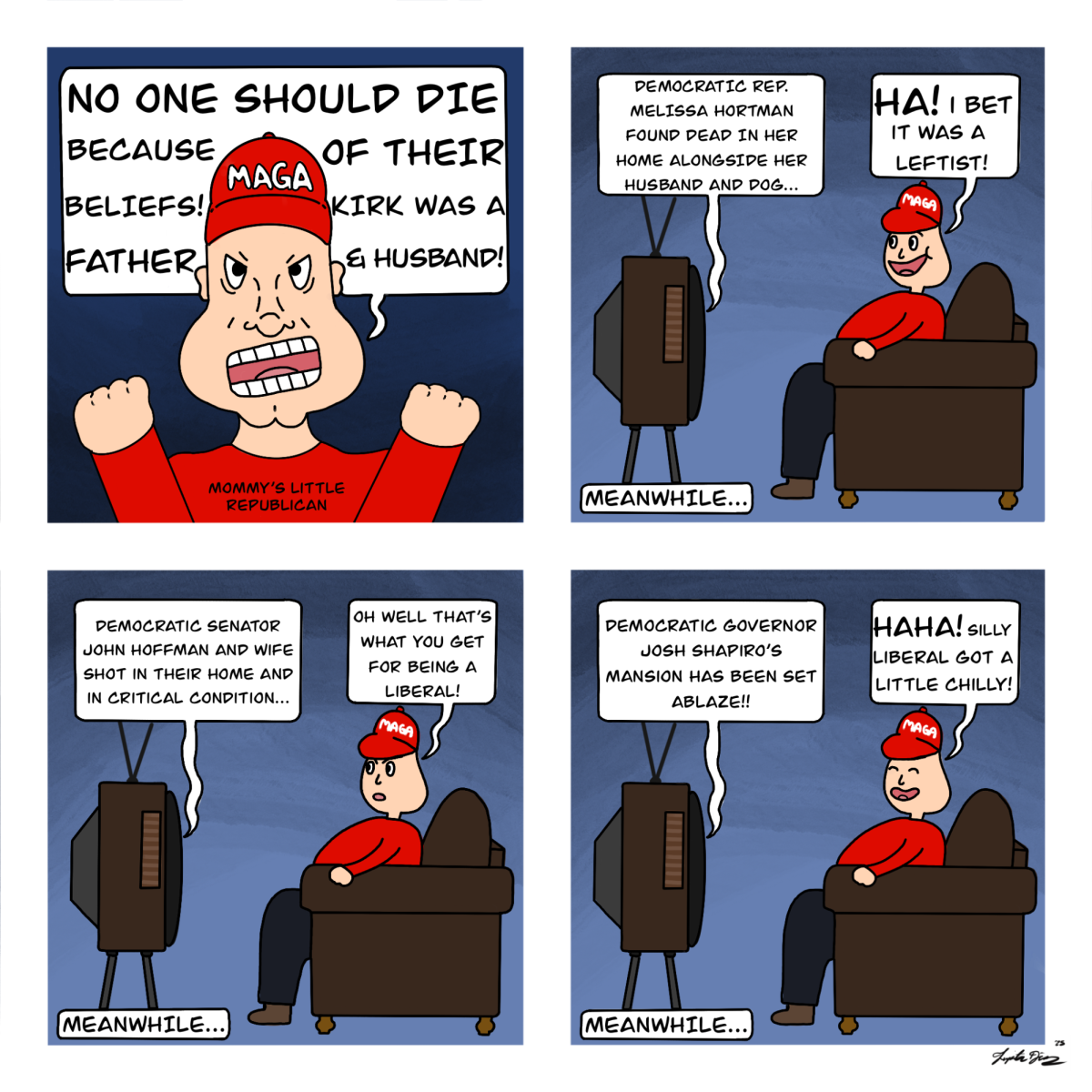After winter break, students came back to DeKalb and were met with 34 below zero degree wind chills and a lot of snow. On Jan. 16, NIU chose to keep university operations in-person despite the intense cold and actions of other local schools and universities.
NIU should have moved their operations to virtual for the safety of students and staff. The NIU Severe Weather Closure policy states that a wind chill of 30 below zero degrees warrants a Preliminary Weather Assessment call, not an immediate movement to virtual operations. While this may be true, wind chill is dangerous and can make frostbite worse, according to the National Weather Service.
NIU representatives declined an interview; however, they did provide a statement concerning their protocol to determine the university’s status.
“This protocol involves consulting meteorology faculty within our Department of Earth, Atmosphere and Environment, as well as an experienced advisory group, to consider many factors including snowfall potential, the ability for the city and university to keep up with snow removal, exceptional cold conditions and the availability of public transit such as the Huskie Bus Line,” according to a statement released to the Northern Star. “We do not automatically follow K-12 district closures as our audience of students and employees consists of adults rather than minors.”
The criteria used demonstrates that NIU cares for their students and wants their faculty, staff and students to be successful. This time, however, they dropped the snow-ball on this severe weather event.
Kelvin Hawthorne, a junior meteorology major and president of NIU’s chapter of the American Meteorological Society, discussed a way NIU could have improved student awareness about staying safe in the frigid temperatures.
“It’s important that NIU also plays a role in saying ‘it’s going to be cold.’ And it’s hard, logistically, to just cancel classes or move virtually. And so if we’re not going to do that, the next step is to say, ‘Hey, this is how you can protect yourself,’” Hawthorne said.
Many students do not closely monitor the weather, and they should be made aware of how to keep themselves safe. NIU did post on their social media that students should be safe in the cold; however, the dangers of frostbite should warrant more than a Facebook post.
In 2015, NIU became a Weather-Ready Nation Ambassador, which was part of a National Weather Service initiative to improve severe weather awareness and preparedness, according to NIU Today.
Regardless of NIU’s role, students should also look out for themselves when it relates to the weather and meteorological events.
“It’s also important that people take it upon themselves to prepare themselves for severe and hazardous weather as well, not just in the winter, but also in the summer,” Hawthorne said. “And there’s courses people can take even here at NIU, at community colleges, what have you, to prepare themselves better. And that’s a role that I think is very important, not just on campus, but in everyday life as well.”
Most expected NIU to move to virtual operations; however, in NIU’s decision to remain open, they may have helped teach a valuable lesson to students, faculty and staff: prepare for the weather because the university may not.


